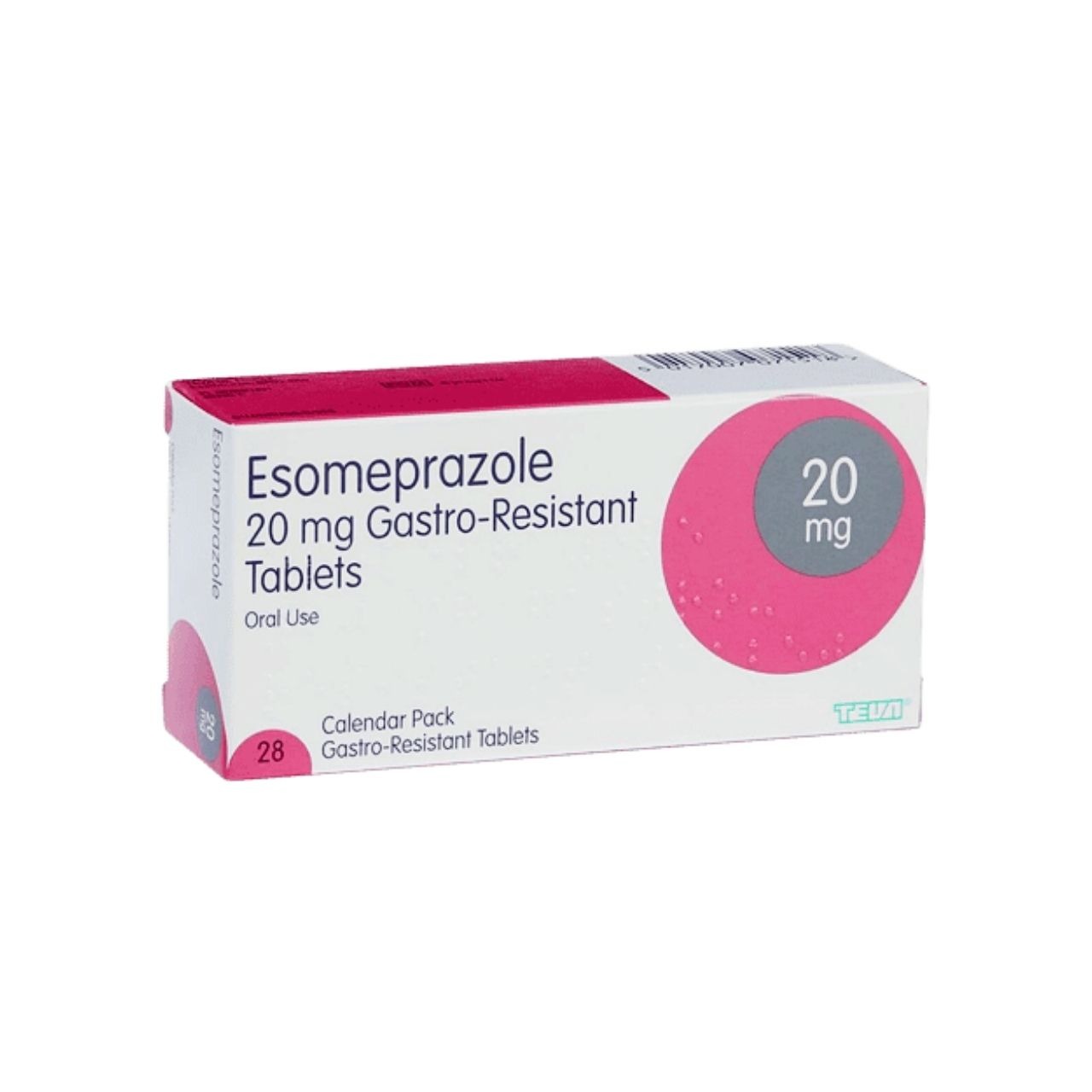Food digestion uses enzymes and acids to break down foods to absolvable form. During the process, the acids may go backward, resulting in acid reflux and indigestion.
Esomeprazole is used to treat the symptoms of gastroesophageal reflux disease (GERD). The condition in which backward flow of acid from the stomach causes heartburn and possible injury of the oesophagus.
Tell your doctor and pharmacist if you are allergic to Esomeprazole or any of its ingredients.
Esomeprazole is unsuitable for you if you:
- Have had a low level of magnesium or vitamin B-12 in your blood.
- Have osteoporosis or liver disease.
- Are pregnant or are breastfeeding.
- Talk to your doctor about the risks and benefits of taking Esomeprazole if you are 70 years of age or older.
Each Esomeprazole capsule contains 20 mg or 40 mg of Esomeprazole.
It also includes these inactive ingredients: crospovidone, hydroxypropyl cellulose, mannitol, methacrylic acid copolymer type C, sucrose, sugar spheres, talc.
Esomeprazole may cause side effects to some people. They include;
- Headaches
- Nausea
- Gas
- Constipation
- Dry mouth
- Drowsiness
Seek medical attention immediately if you have watery or bloody diarrhoea. It could mean reinfection.
Esomeprazole may cause new or worsening lupus symptoms.
You may develop weak bones while taking Esomeprazole long-term or more than once per day.
Consult your prescriptions if concerned about the side effects and drug interactions of taking Esomeprazole.

















